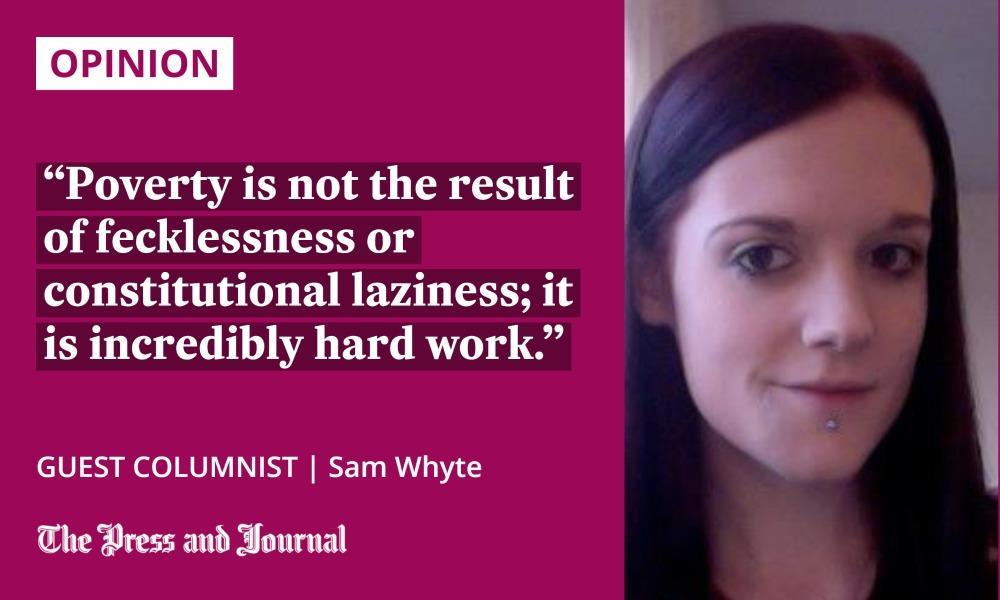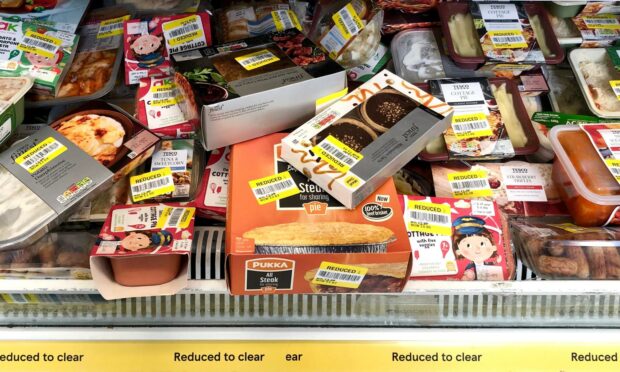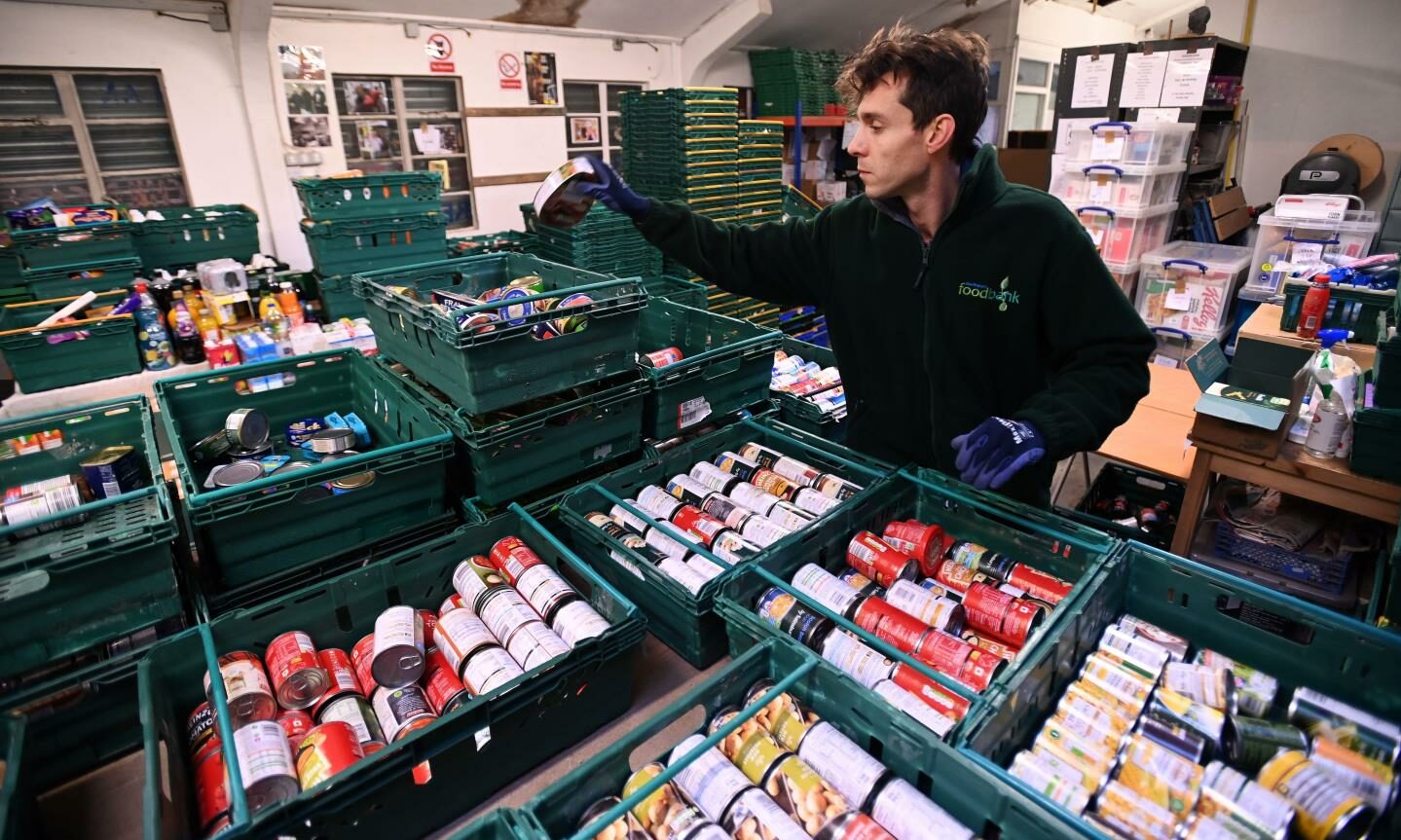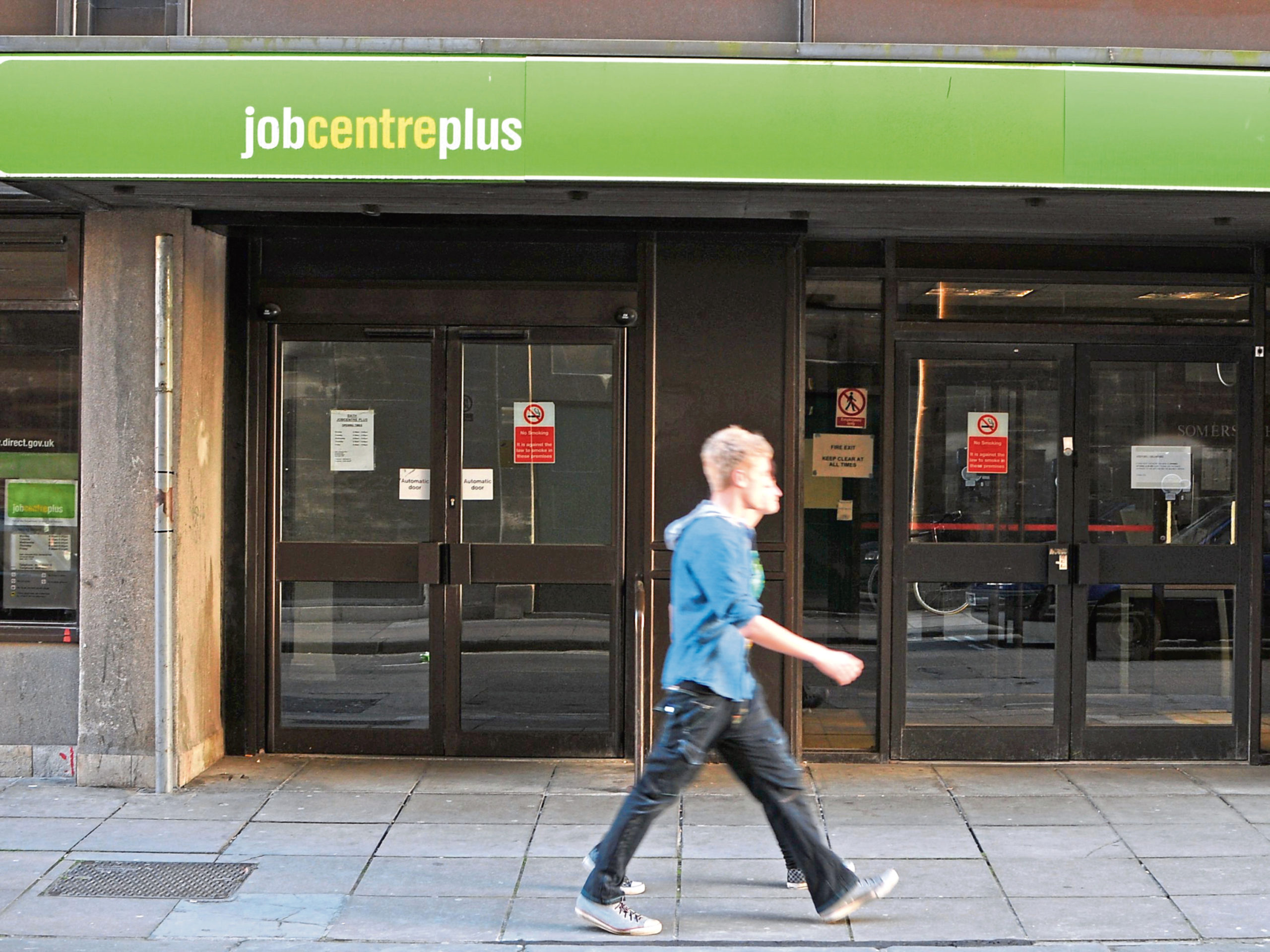With poverty rife and energy costs soaring across the UK, people have been taking to social media to proclaim that there is no such thing as poverty, only poor budgeting skills.
The culprits tend to have been born pre-1960s, and regale us with tales of outdoor toilets and ice on the inside of windows, conveniently forgetting that both situations were horrible for all involved.
They assure us weary mothers would batch cook simple ingredients and fashion basic clothes from offcuts of curtain material.

Of course, it is far easier to imagine that people in poverty are not trying hard enough than to confront the reality that no amount of make-do-and-mending can combat too little money. Making your own clothes or growing your own food are hobbies, not a solution; poverty means spaghetti hoops, Primark leggings and permanent exhaustion.
Sometimes ‘no money’ means no money
It is common to see people posting photos of a bag of porridge or cheap packet of pasta as a “gotcha”, leaving out all intervening factors required for these items to become a meal.
Firstly, you need to have a small amount of money, rather than no money at all. Sometimes “no money” means no money.
The housing component of Universal Credit (UC) only covers a proportion of average housing costs. If you’re renting privately, you can be trying to exist on visually nothing.
You also need to have sufficient energy to cook; the 54% rise in the energy price cap puts this beyond many of the lowest earners, whose choice genuinely is to heat or eat.
Reduced price, “yellow sticker” food sold in supermarkets is often touted as a solution. I have relied heavily upon this in the past.
What you may not realise is that the queue for the coveted “second markdown” starts around an hour before stickers go on the products; it’s a lottery, and the competition can be vicious.
Even being able to shop like this is dependent on being free in the evening, when many low-paid people work, and being within walking distance of a supermarket. There’s no sense in paying £3 for a bus ticket to save a quid on a bag of wilting mangetout.
‘Universal Credit challenge’ is a poverty safari
There is a contingent of well-meaning hand-wringers who genuinely believe their own mythos. But, if you’re financially comfortable, the consequences of over a decade of austerity are unimaginable.
We have to accept that poverty can only be solved by political will
Food bank use has soared, from a negligible number in 2010 to over 2.5 million people today. The notion that people should “just take any job” ignores the fact nearly half of UC claimants are in work, and a significant proportion of the rest are disabled.
Poverty is not the result of fecklessness or constitutional laziness; it is incredibly hard work.
Some people have been participating in a “Universal Credit challenge” where they attempt to live on what they fondly imagine would be their budget under those circumstances.
This is little more than a poverty safari if you are doing it from a heated house, with the rent paid, and a full store cupboard to enhance basic ingredients. You don’t feel the prick of tears when your child’s school jumper wears through, nor the constant tension of having to count every penny.
There is no benefit to bragging about the whole family gathering around an electric fire, especially when you have generationally benefitted from cheap, plentiful housing stock and a functional welfare state.
We have to accept that poverty can only be solved by political will. Poor people do not need your cosy memories, nor your strained attempts at “education” – they need you to demand change.
Sam Whyte is writer and podcaster with an interest in UK poverty


